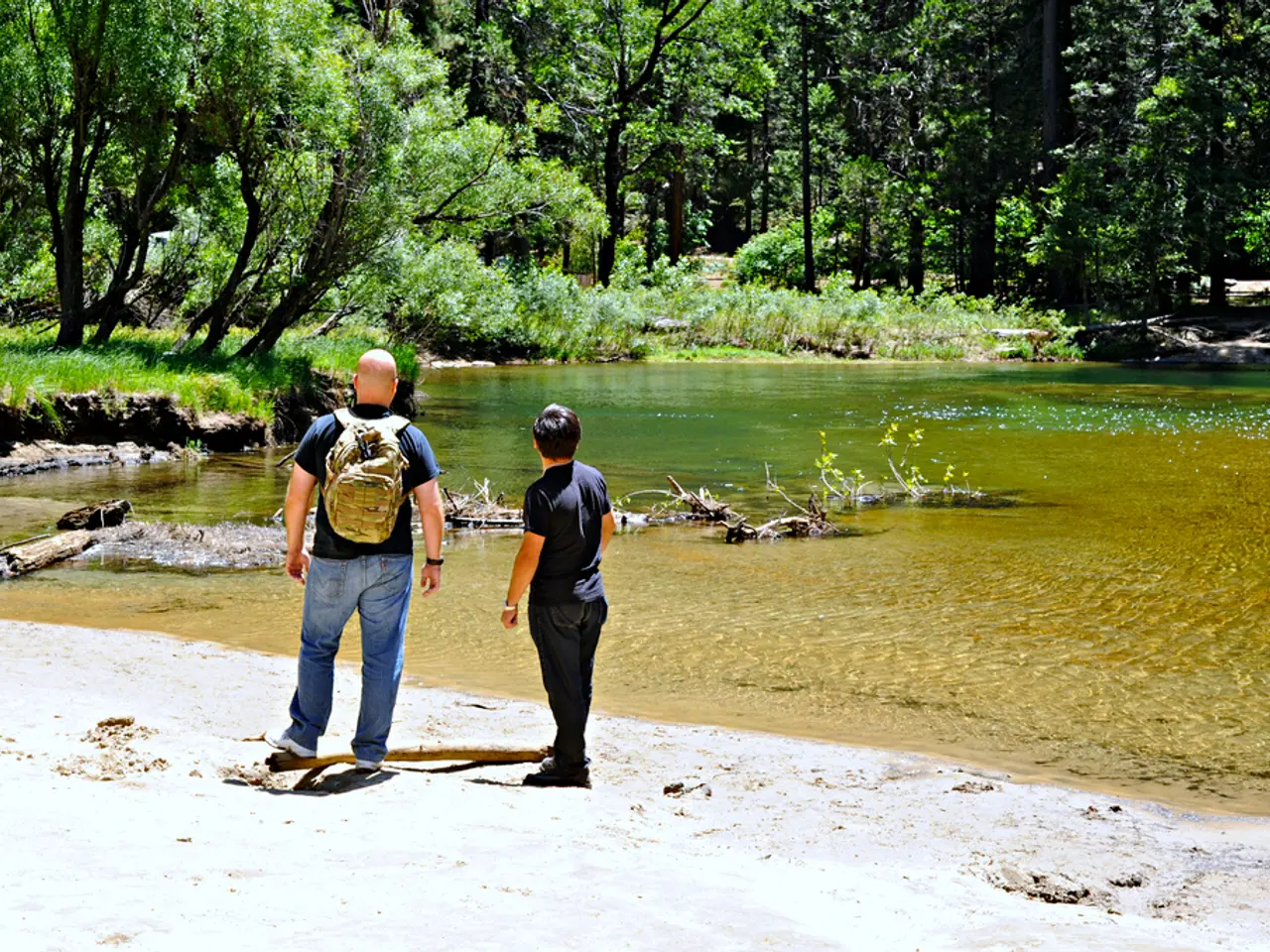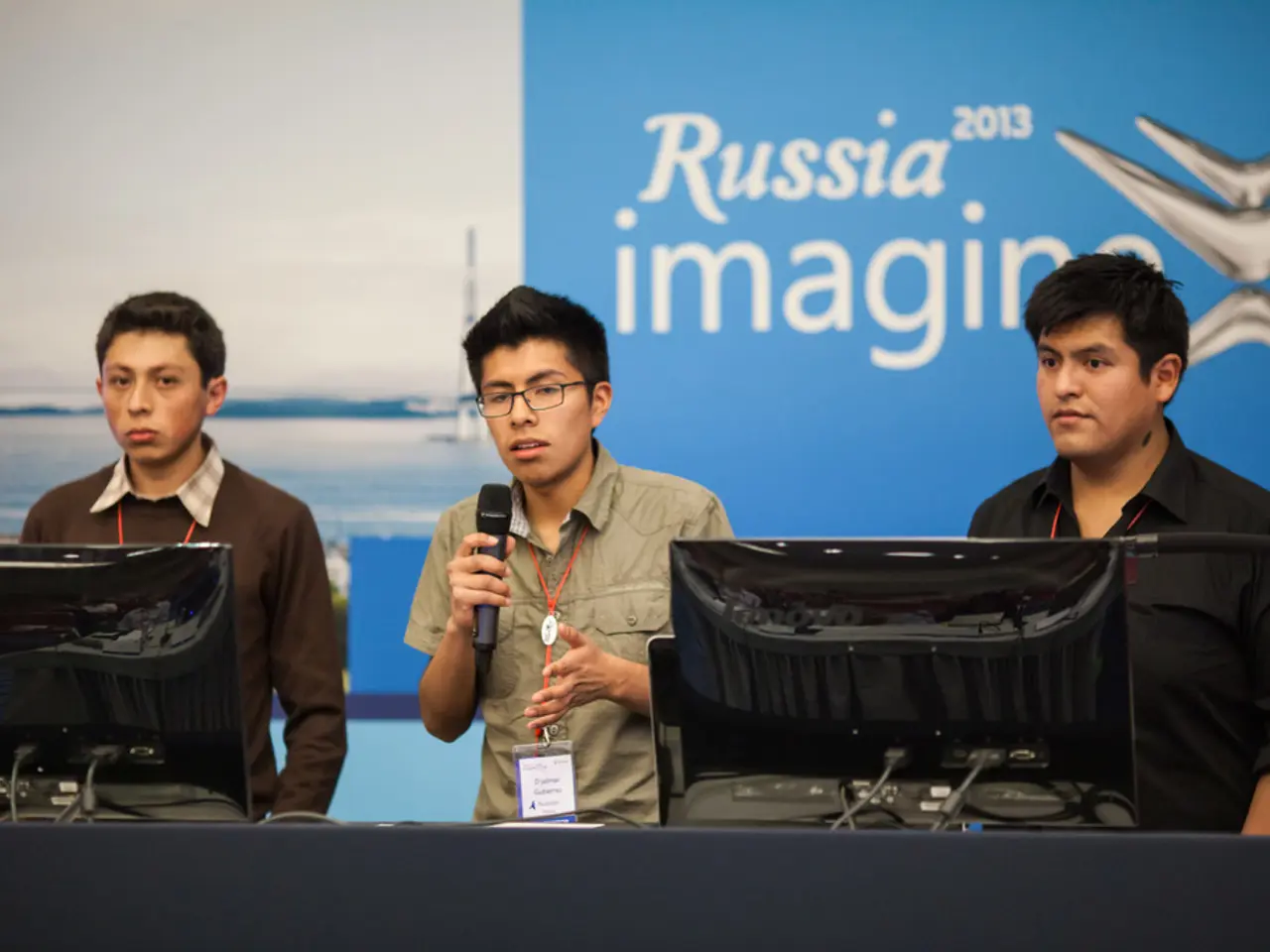Updated Gaming Ethics Information
The 1-800-GAMBLER trademark dispute between the National Council on Problem Gambling (NCPG) and the Council on Compulsive Gambling of New Jersey (CCGNJ) has raised concerns about the future of a vital national resource for problem gamblers.
The CCGNJ currently owns the trademark and phone number 1-800-GAMBLER, which the NCPG has been operating under a licensing agreement. This agreement is set to expire on May 31, 2025, leading to a legal dispute over the renewal and proper exercise of the extension option.
A temporary restraining order granted in July 2025 has kept the hotline operational through at least August 26, 2025. However, the future beyond that remains uncertain due to stalled negotiations and litigation in New Jersey courts.
The 1-800-GAMBLER helpline, which provides support and referral services for individuals with gambling problems in all 50 states under NCPG's operation, is a crucial resource. If the trademark dispute results in the hotline going offline, it could create a significant gap in readily accessible problem gambling support across the U.S., affecting many who rely on this number for immediate help.
Both organizations recognize the hotline's importance, indicating a strong public interest in resolving the dispute to ensure uninterrupted service. Meanwhile, the existence of the dispute and potential service interruption highlights the complexity of managing shared resources in the field of problem gambling support and could prompt policymakers or stakeholders to consider long-term solutions to protect such essential services from being disrupted by litigation.
In the meantime, the dispute threatens the continuity of this nationwide helpline, an essential support tool for problem gamblers. Ongoing legal proceedings are currently delaying a permanent resolution.
Other developments in the world of responsible gambling include:
- Caesars Entertainment celebrated the 35th anniversary of Project 21, a responsible gaming initiative launched in 1984, in its Corporate Social Responsibility Report for 2024.
- DraftKings has agreed to refund over $3 million to online casino users in Connecticut as part of a settlement for violating the state's advertising laws.
- The NFL has partnered with the International Center for Responsible Gaming to fund a study on betting habits of college athletes and students.
- Three more states have chosen to place bands on the sweepstakes industry, potentially affecting the growth of problem gambling.
- The partnership between BetMGM and FanDuel with the National Council on Problem Gambling to request funding for a study on problem gambling in the military remains.
- The NFL hopes the study will help curb problem gambling and better protect athletes from harassment.
- The reconsideration of creating a regulated online gambling industry in Maine is ongoing.
- The Maine Gambling Control Unit has issued a warning about illegal online casinos in Maine.
- Charles Barkley's remark about circumventing betting limits on FanDuel has raised concerns among responsible gambling advocates.
- The Responsible Online Gaming Association has released new guidelines for sportsbook VIP hosts to curb problem gambling.
These developments underscore the ongoing commitment of various entities to promote responsible gambling and protect vulnerable individuals from the potential harms of gambling. However, the ongoing 1-800-GAMBLER trademark dispute serves as a stark reminder of the challenges that can arise when managing shared resources in this field.
- Despite the ongoing 1-800-GAMBLER trademark dispute, various entities continue their commitment to promoting responsible gambling, such as Caesars Entertainment celebrating the 35th anniversary of Project 21 and the NFL partnering with the International Center for Responsible Gaming to fund a study on betting habits.
- The future of the 1-800-GAMBLER helpline, a crucial resource for problem gamblers in all 50 states, remains uncertain due to the trademark dispute, whereas other entities are taking steps to prevent problem gambling, like DraftKings refunding over $3 million to online casino users in Connecticut for violating state advertising laws.




